Hungary's EU presidency provides an opportunity for the Hungarian government to show the whole continent what kind of alternative Europe it envisions. One that returns to normality, to the values of God, homeland and family, and a Europe that works for fundamental values, prosperity and peace, rather than serving foreign interests. A Europe that is made up of strong nation-states that protect their citizens from threats, be it war or migration. A Europe that becomes competitive again and a factor to count with in global politics.
The motto chosen for Hungary's EU presidency sums it up perfectly: Make Europe Great Again.
In his writing, Laszlo Dornfeld, senior analyst at the Center for Fundamental Rights, recalls the full-fledged attack aiming to block Hungary's EU presidency, starting with the EP resolution adopted on June 1, 2023, which argued that a country that breaches EU law and values should not be allowed to hold this important position. This was only a barely disguised political attack, since the accusations were not proven in any procedure triggered by Brussels: hardly anything has happened in the Article 7 proceedings since 2018, and in the case of the conditionality mechanism, Brussels argued when it was adopted as not being a rule of law issue in its nature.
The Meijers Committee set up to examine the issue recommended that the Hungarian Presidency should be postponed or that the rules should be amended so that countries under Article 7 proceedings could not take on the presidency. Issuing punishment without a verdict is not a problem for Brussels.
However, even member states - such as Luxembourg - which do not maintain very good relations with Hungary, did not want to approve, so the effort waned. Despite this, some MEPs didn't give up: Daniel Freund, the EP's designated Hungarophobic activist, fought like a real Japanese soldier until the very last moment, collecting signatures against Hungary's presidency even two weeks ago, the analysis reads.
Brussels would have little to fear from a country's presidency, since it entails little actual power, and Hungary is holding the presidency at a time when the EU bodies do not follow their usual working schedule for months while being revamped. Nevertheless, Brussels seems to fear Hungary's presidency, especially if it is successful.
The Western political elite and media have carefully and knowingly lied about the Hungarian government and its political goals, and now the presidency provides an opportunity to finally tell the truth. At last, attention can be drawn to real problems that affect people's everyday lives, Laszlo Dornfeld points out.
Hungary is entering this period with big plans and an ambitious program, as it will finally have the opportunity to present its vision of a conservative sovereigntist Europe. The start has been carefully and thoroughly prepared, with the government having held some 250 meetings with member states, candidate countries and EU institutions, which is an unprecedented number in the history of presidencies.
A busy time is coming with 1,500 working group meetings, 37 formal and informal council meetings and 230 presidency events planned by the Hungarian government.
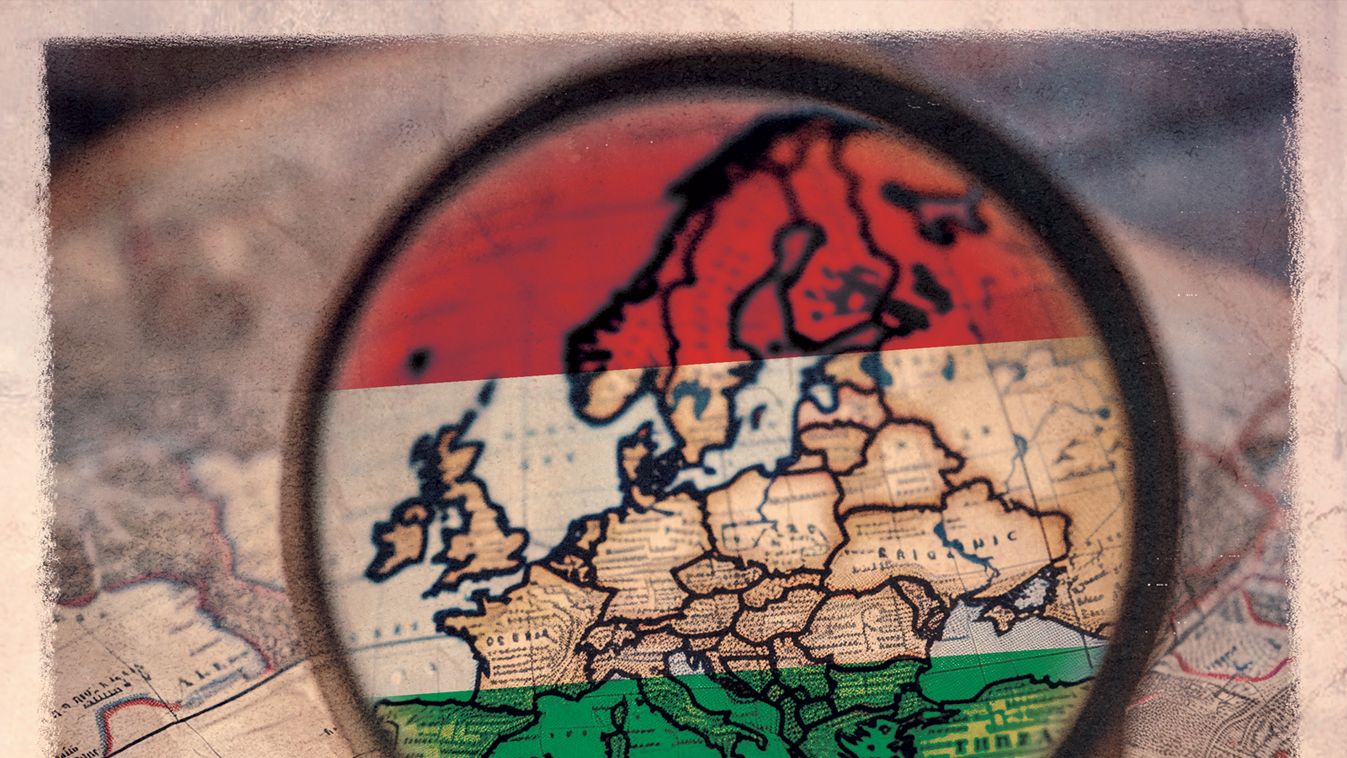
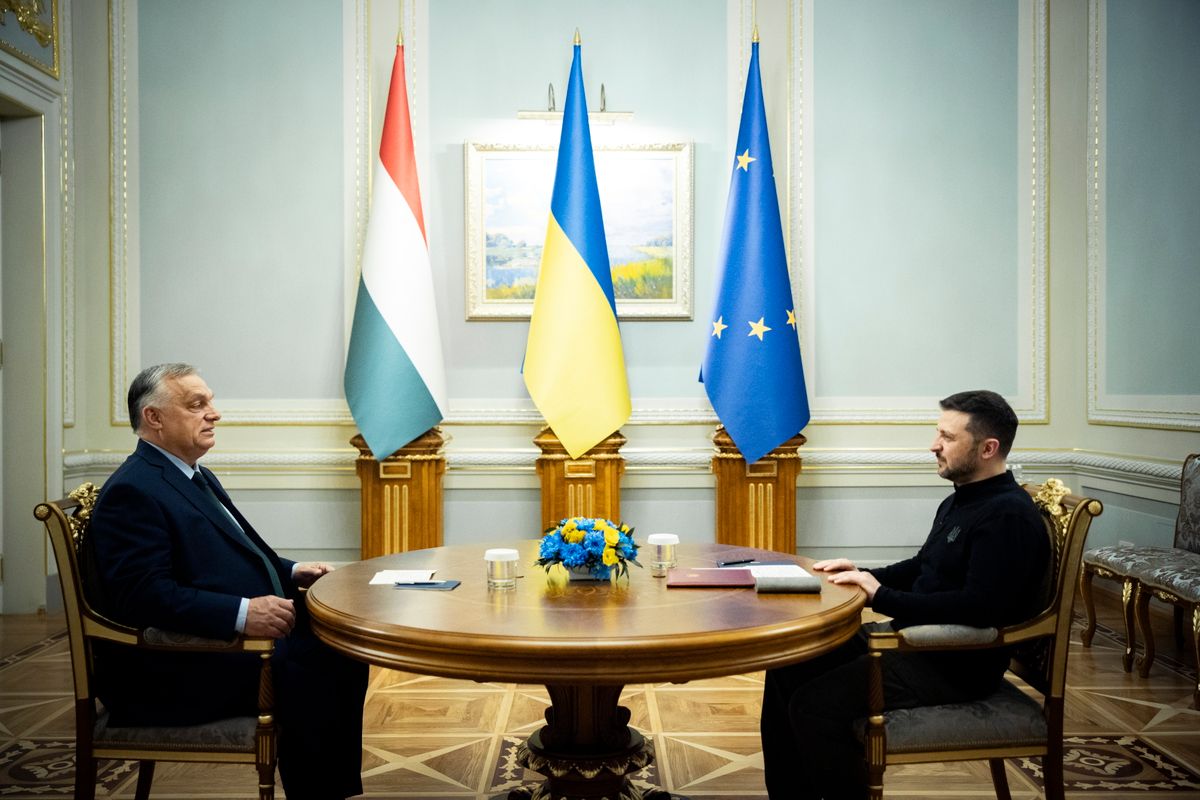

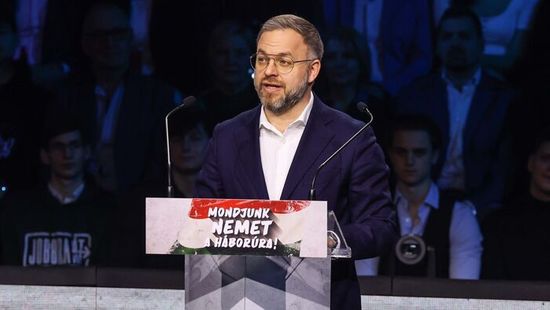



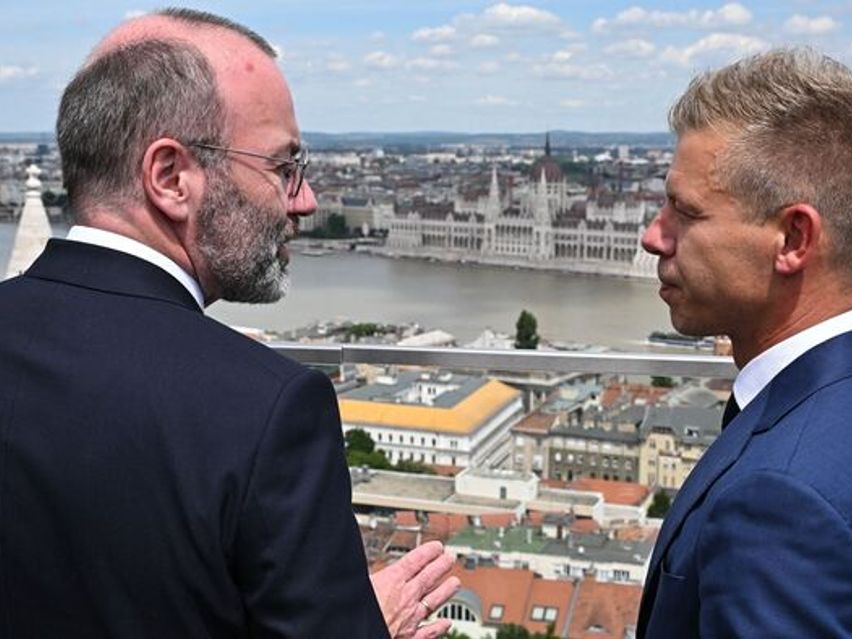




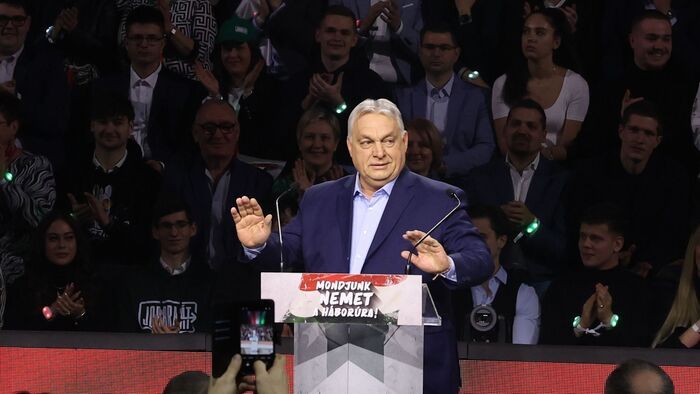










Szóljon hozzá!
Jelenleg csak a hozzászólások egy kis részét látja. Hozzászóláshoz és a további kommentek megtekintéséhez lépjen be, vagy regisztráljon!